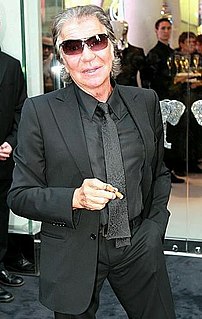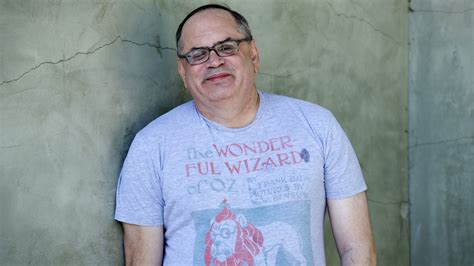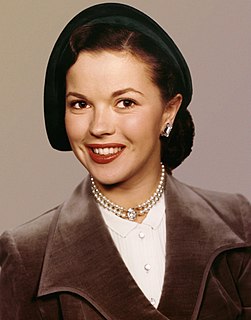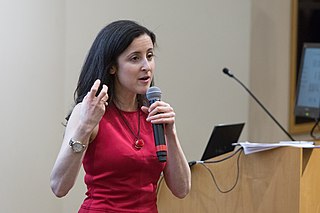A Quote by Roberto Cavalli
I was a disaster child. I remember I make very often my mother cry.
Related Quotes
You have to understand that I'm a child of the second generation, which means my mother was in Auschwitz, and the aunt of my mother was in Auschwitz with her; my grandmother and grandfather died there. So yes. All of those gestures they work for you, or for them, to fill their time or not feel their anxiety. But the child feels everything. It doesn't make the child secure. You put the child in a jail.
I learned early that crying out in protest could accomplish things. My older brothers and sister had started to school when, sometimes, they would come in and ask for a buttered biscuit or something and my mother, impatiently, would tell them no. But I would cry out and make a fuss until I got what I wanted. I remember well how my mother asked me why I couldn't be a nice boy like Wilfred; but I would think to myself that Wilfred, for being so nice and quiet, often stayed hungry. So early in life, I had learned that if you want something, you had better make some noise.
It's very important not to put pressure on a child. Make sure that she/he feels that whatever happens it's not the end of the world. If they cry after a loss that's normal, as adults also hate to lose. If they win a game you should make them feel very proud but make sure they know the next game will be another challenge.
I myself will perhaps cry out with all the rest, looking at the mother embracing her child's tormentor: 'Just art thou, O Lord!' but I do not want to cry out with them. While there's still time, I hasten to defend myself against it, and therefore I absolutely renounce all higher harmony. It is not worth one little tear of even that one tormented child who beat her chest with her little fist and prayed to 'dear God' in a stinking outhouse with her unredeemed tears!








































